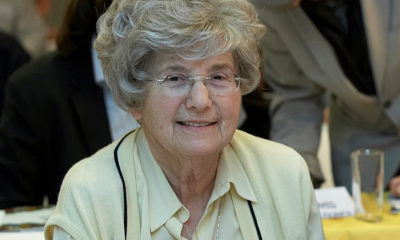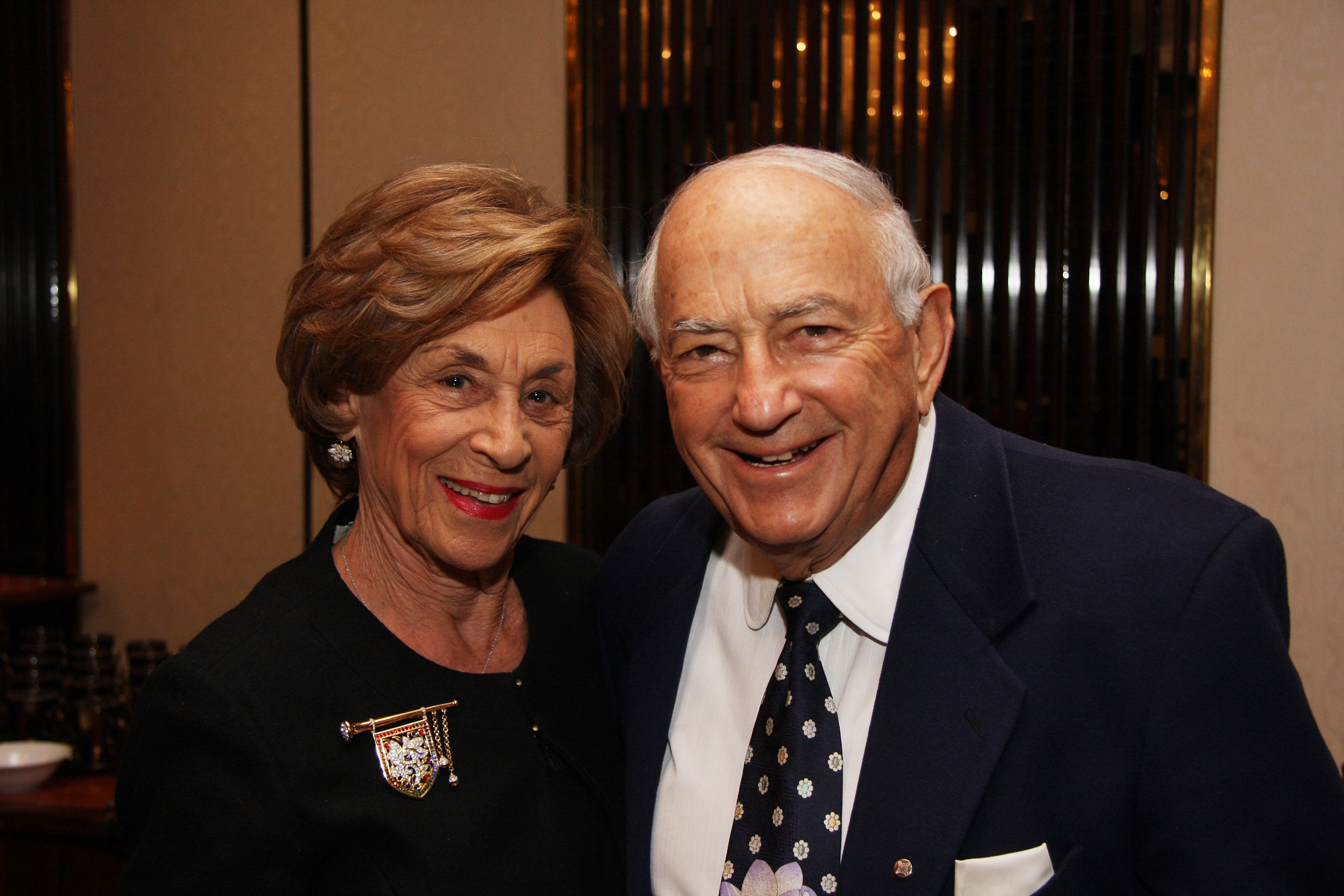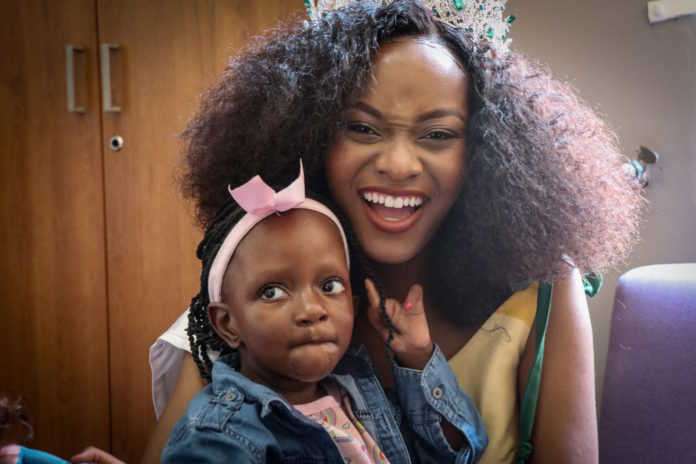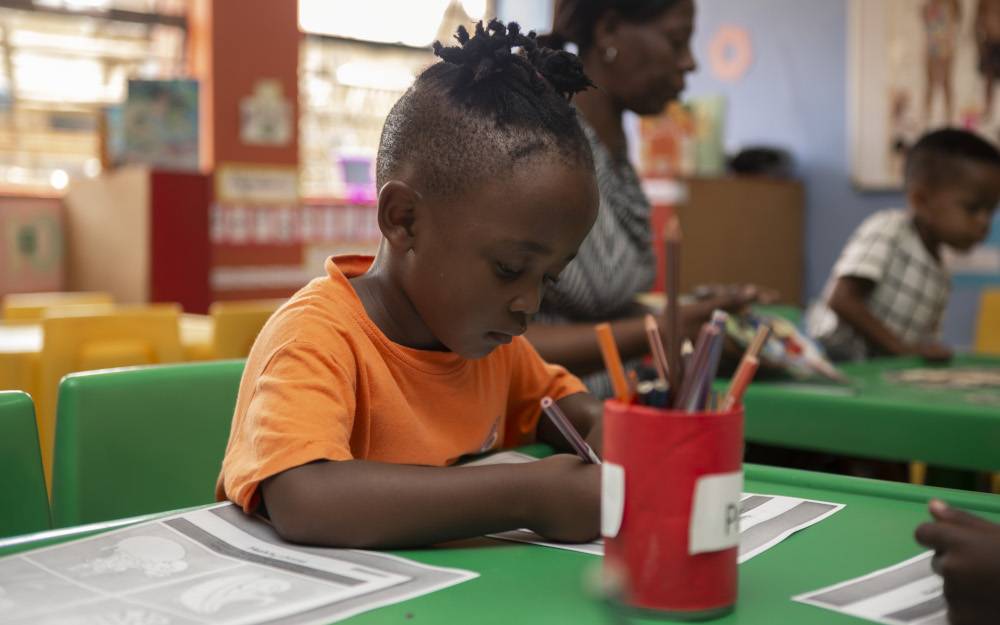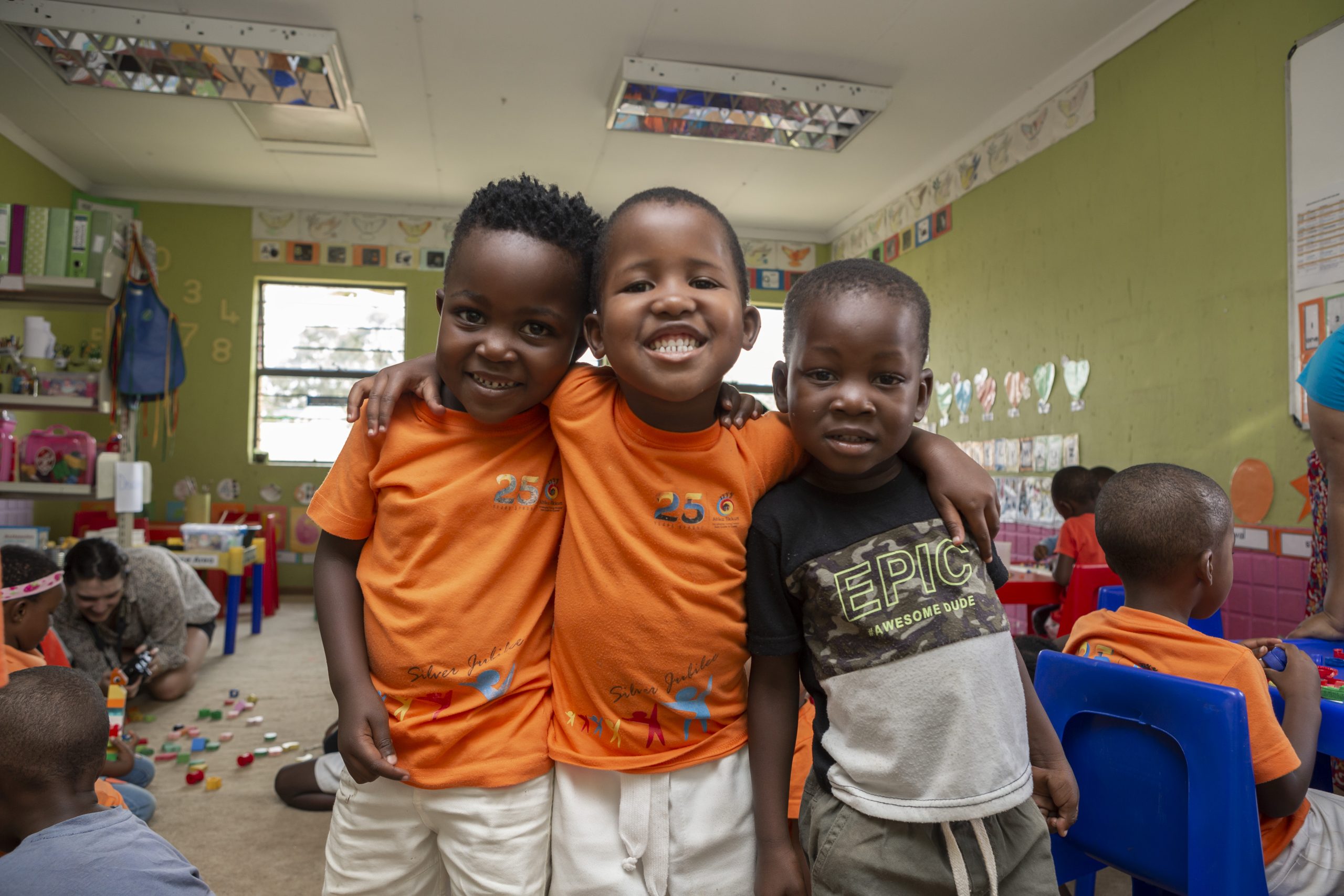Children are our future
Children are our future
Children are our future: Why do we rape, abuse and kill them?
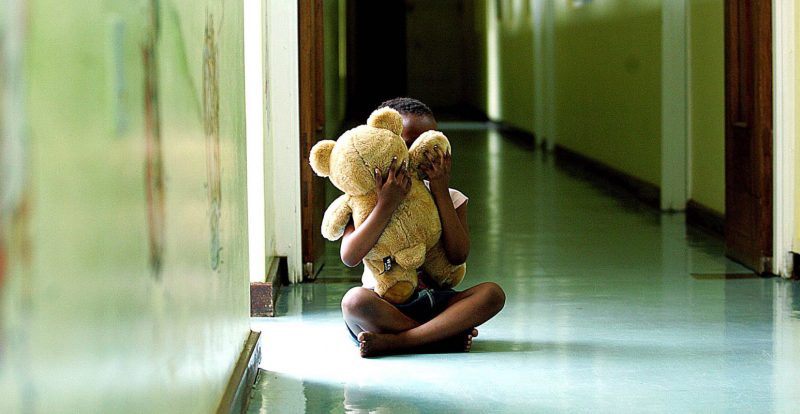
Child Protection Week is marked in South Africa from 2 to 9 June 2019. And yet, in the past three years, 99% of children in South Africa experienced or witnessed violence, 2,600 children were murdered – 5% of the total murders – and 41% of all reported rape cases have been of children.
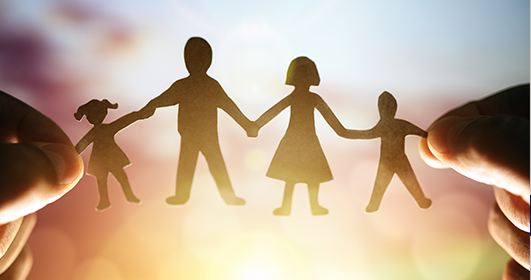
Each year, government and organisations around the country gear up to mark National Child Protection Week with a multitude of campaigns and programmes designed to raise awareness about children’s rights, their safety and security. It is a week aimed at mobilising all sectors of South African society to care for and protect children as the most vulnerable – and valuable – members of our society. But with abuse statistics on the rise, child protection should be an ongoing year-round effort.
The SA Child Gauge 2017 survey compiled by the University of Cape Town’s Children’s Institute reported some shocking statistics: “One in three children under the age of 18 is a victim of sexual violence and physical abuse. Twelve percent of children live below the international ultra-poverty line, which equates to less than R17.50 a day. Violence against children cost the country an estimated R239-billion – or 6% of the GDP – in 2015”.
And in 2018, Parliament heard from the Minister of Police, Bheki Cele, that “in the past three financial years: 99% of children in South Africa experienced or witnessed violence; 2,600 children were murdered, which is 5% of the total murder numbers across the country; (and) 41% of all reported rape cases have been of children and the number of child rapes has continually increased year on year”.
Child Protection Week is a great start as we move into June. Celebrated annually as Youth Month, in June we take the opportunity to reflect on the sacrifices of the youth of the past and take stock of the struggles, challenges and achievements of young people of today. Further validating the importance of the world’s young people, the United Nations deems the world’s youngest – and largest – population to be of the utmost importance, citing youth as “agents of positive change and their inclusion in society more broadly a precondition for sustaining peace”. Non-profit organisations often play a key role in representing minority views, as well as policy innovation and advocacy. To this end, a great investment is being made to bring about institutional transformation and change public perception towards greater protection for children. In an administrative context that may include developing Child Protection Policies based on national and global best practice, and in-depth staff security checks and child protection training. With respect to child protection, this means giving our youth a platform to speak, seeking their counsel and valuing their leadership. A number of NPOs working with South Africa’s young people, including Afrika Tikkun, believe that it is of critical importance that the voices of the most vulnerable are empowered to break the silence around child abuse. Young people need to understand that they can and should hold their guardians accountable for safeguarding their rights, but to do so they need to have faith that adults will listen to them, believe them, and pursue justice for them in a way that protects their dignity and best interests. As adults, we need to acknowledge that we all have a responsibility to protect children from harm and that we should be encouraging them to speak out. On the youth movement front, we need strong, ongoing year-long campaigns that engage directly with young people and their families in order to activate South Africa’s youth. For NPOs like ours, young people are at the core of everything we do. Developmental work is essentially geared towards enhancing the wellbeing, empowerment and protection of the youth of today. Our central belief is that it is possible to end child poverty and its ultimate outcome, youth unemployment. Of course, child protection plays a crucial role within these parameters. Our ongoing efforts are intended to strengthen the capacity of children to speak out against abuse and empower families and communities to care for and protect their children. Youth empowerment is a prevailing tool in combating poverty, crime, violence and poor governance. Empowerment guides youth toward developing a wholesome outlook on life and encourages the personal development of the individual. Through empowerment programmes, we can provide an enabling environment for all these positives to be a possibility and we can help mould children into young adults who can contribute to the successful building of our nation. As NPOs, we are very fortunate to have amazing staff, parents and partners that are all involved in the good work that we are able to achieve daily. As a society and as a family, let us challenge the culture of tolerance for violence and silence when it is perpetrated against young people. We must all work together 24/7/365 – government, NGOs, business and the public alike – to overcome this crisis and positively shape the leaders of tomorrow. Failure to do so could cripple our country’s economic growth, intensify unemployment, and thus poverty and crime.
Memeza Bazokuzwa! Speak out, they will hear you. DM Onyi Nwaneri is group executive for strategy, partnerships and communications at Afrika Tikkun.


